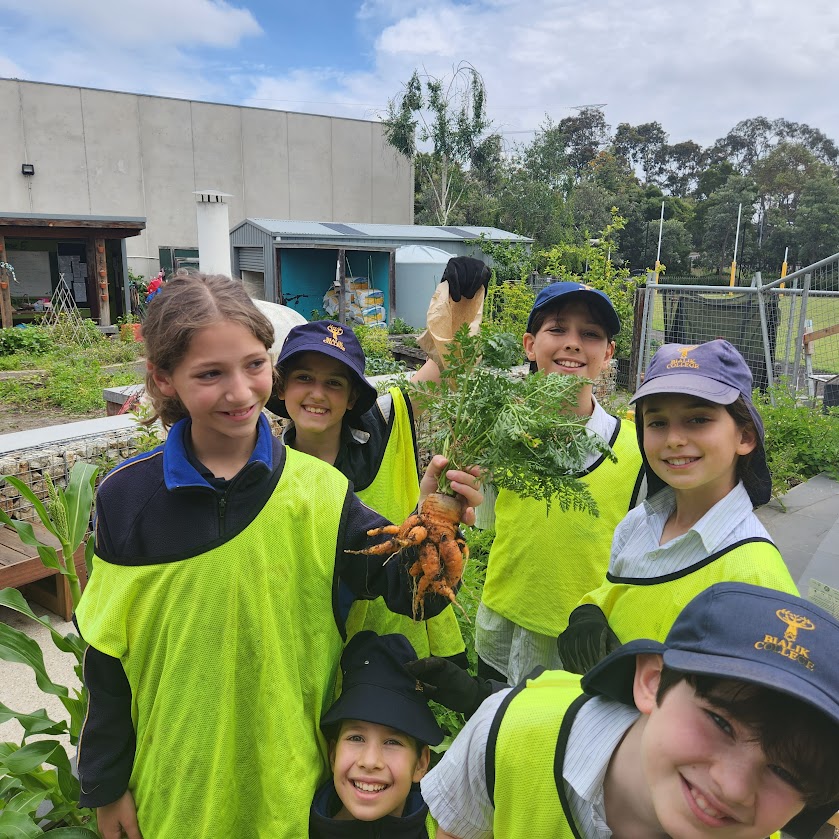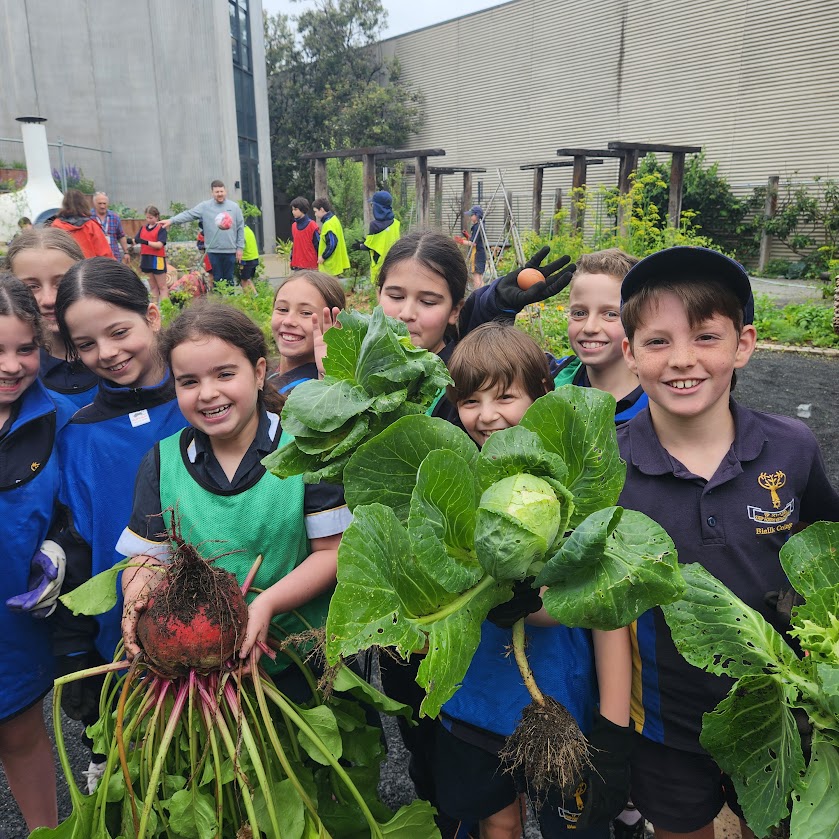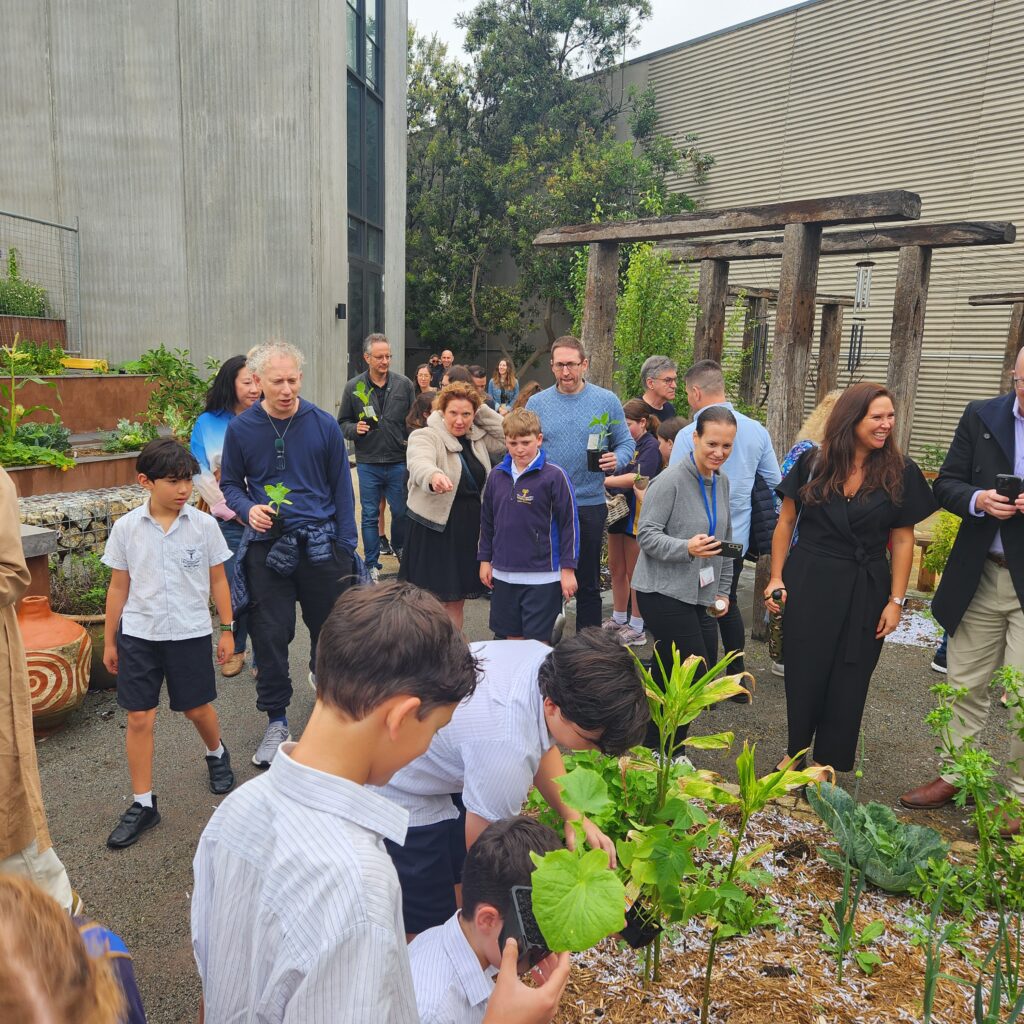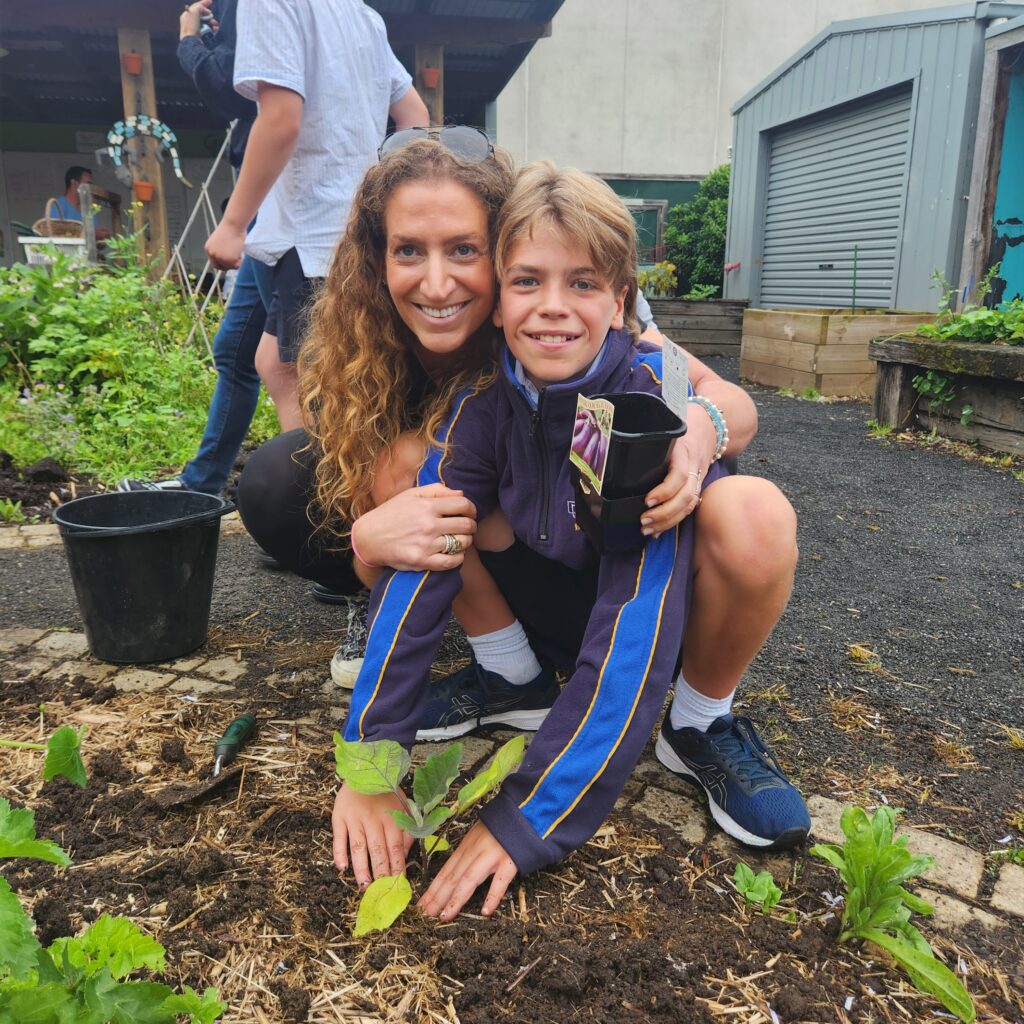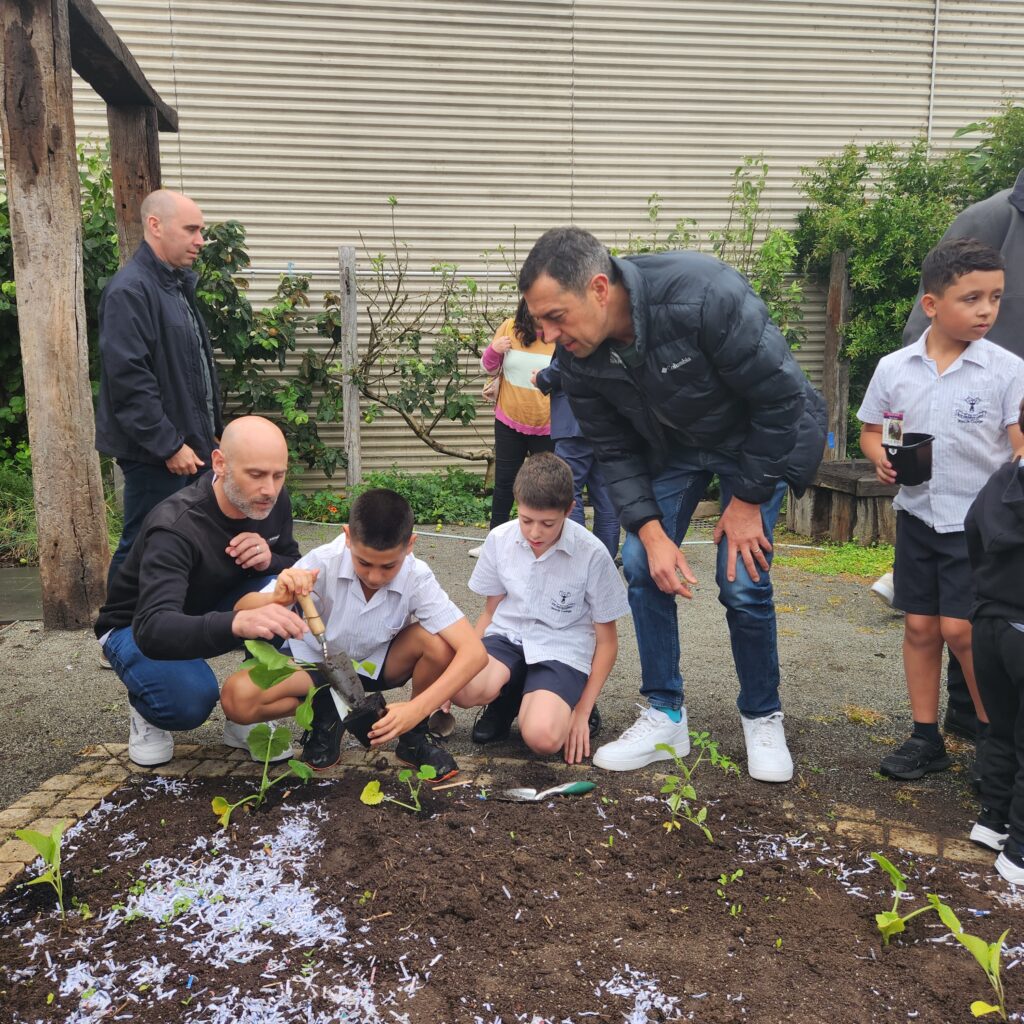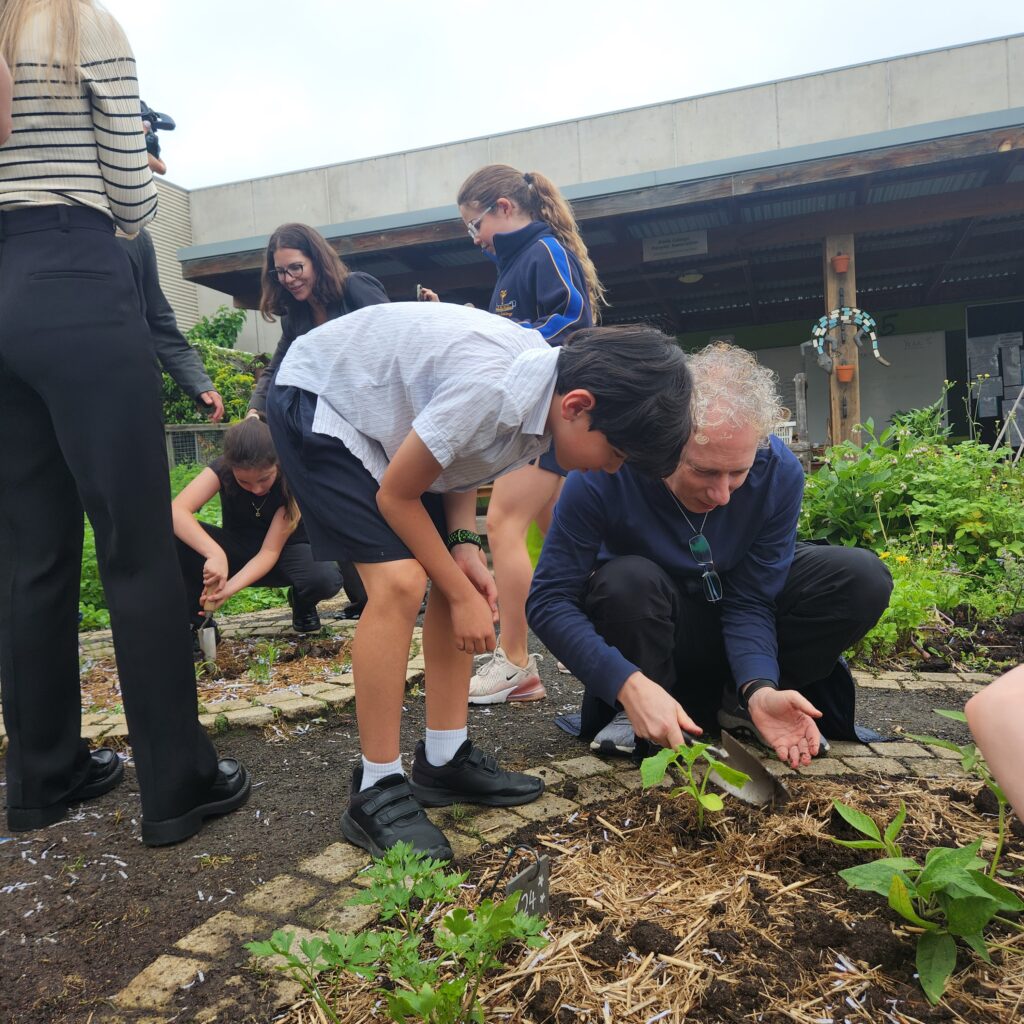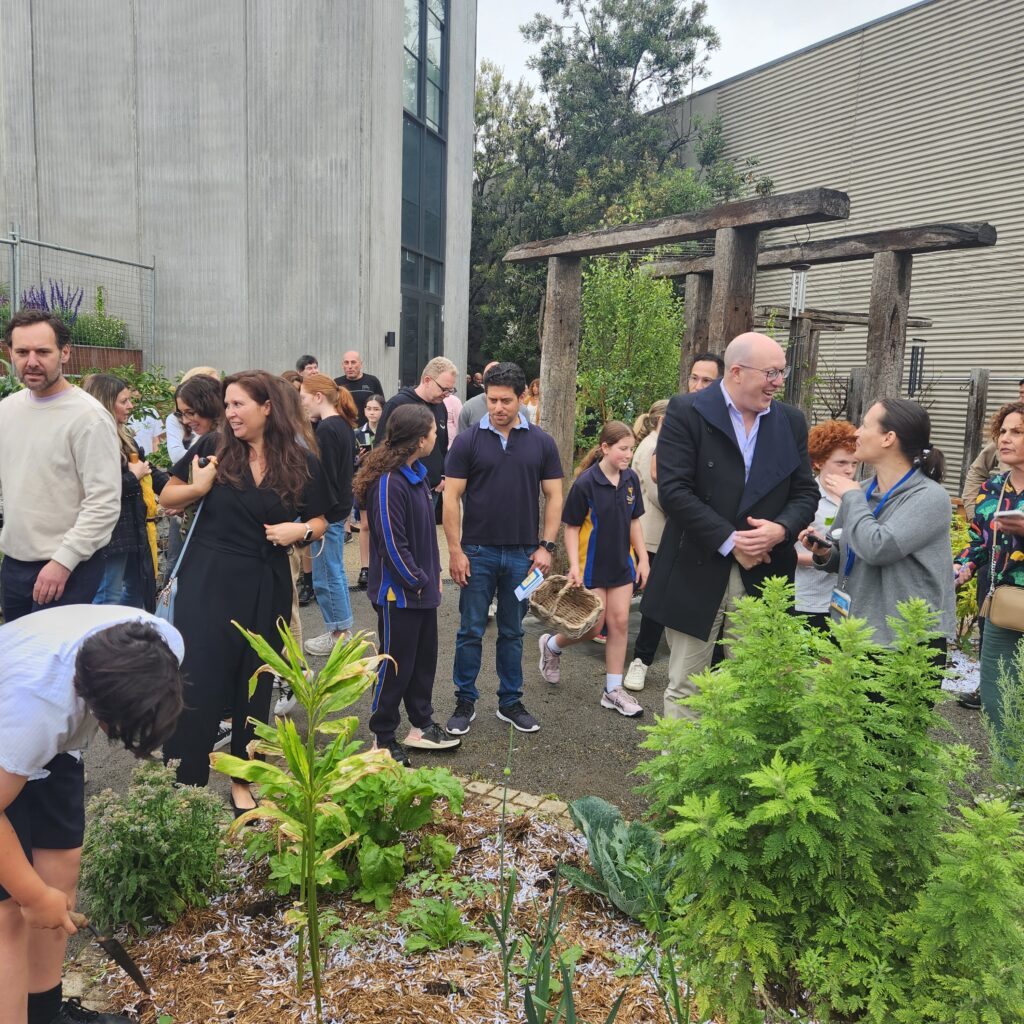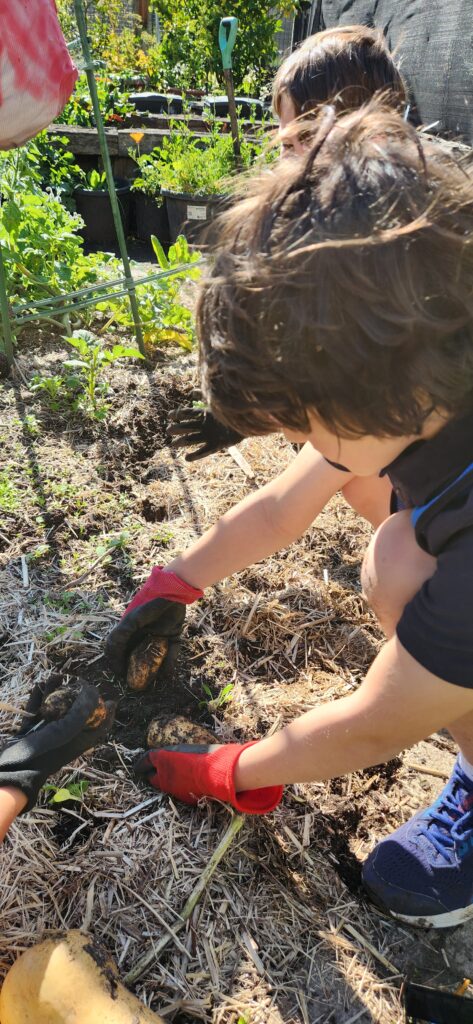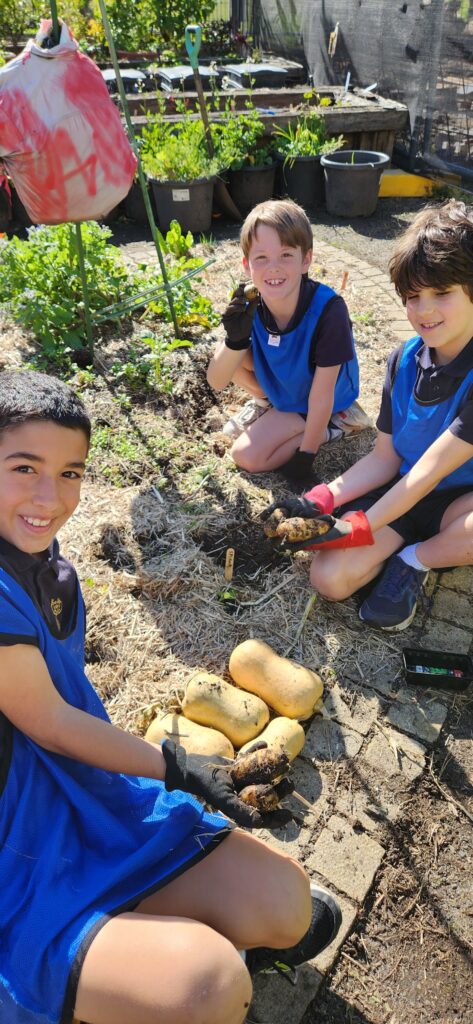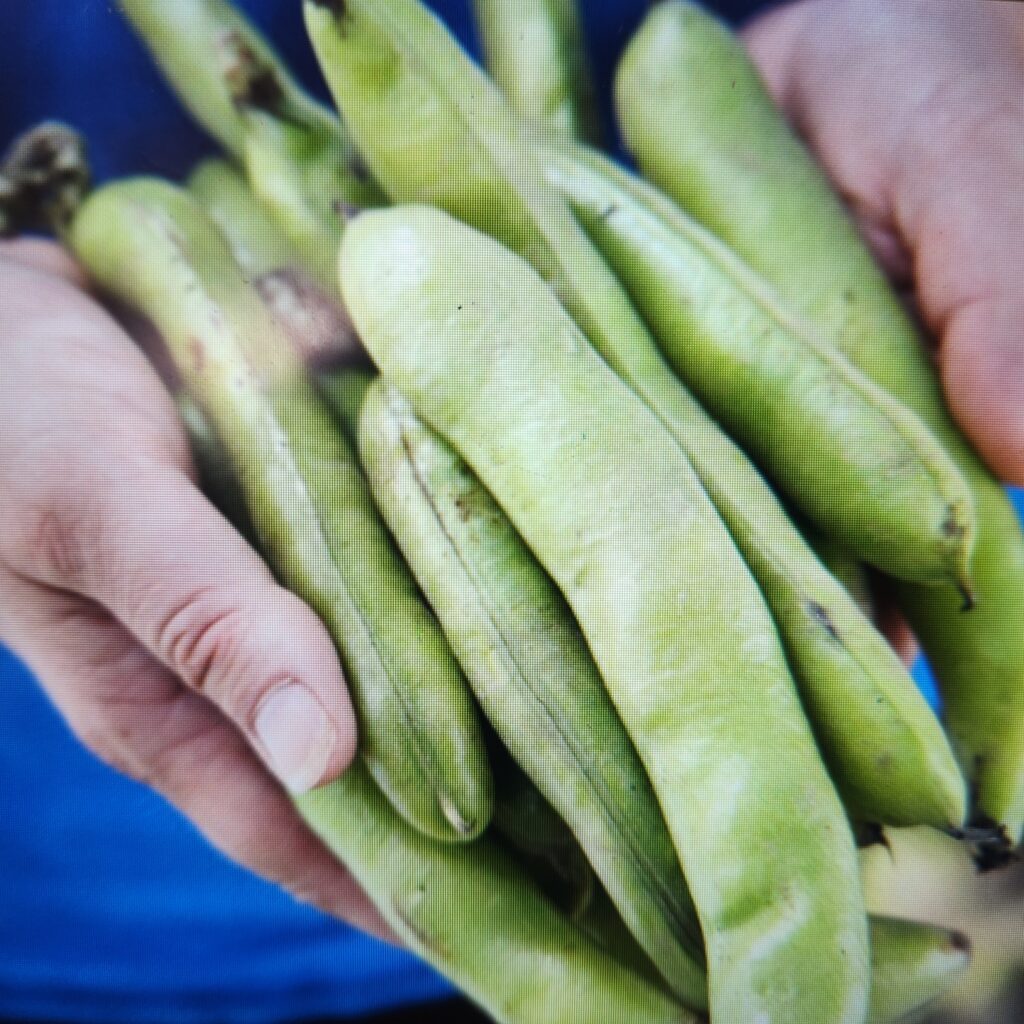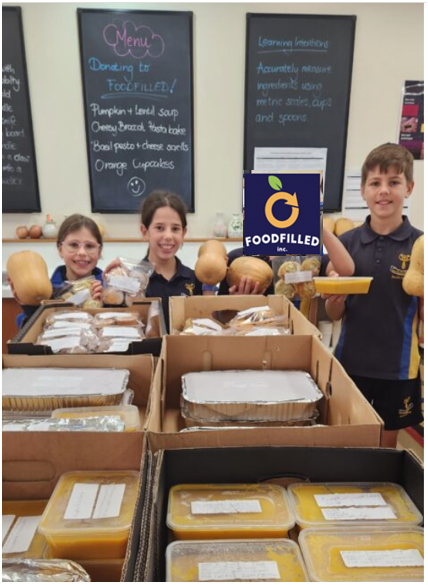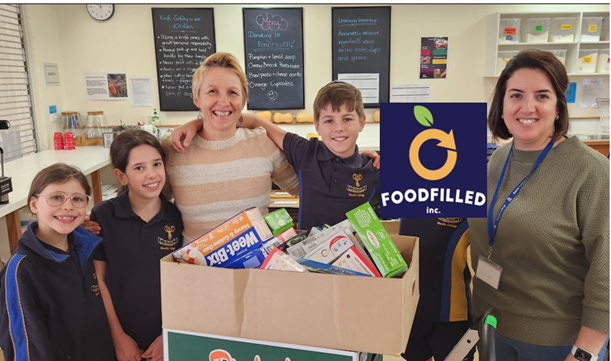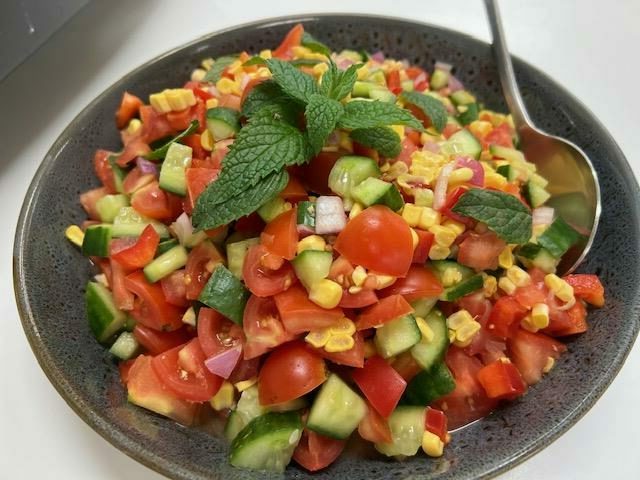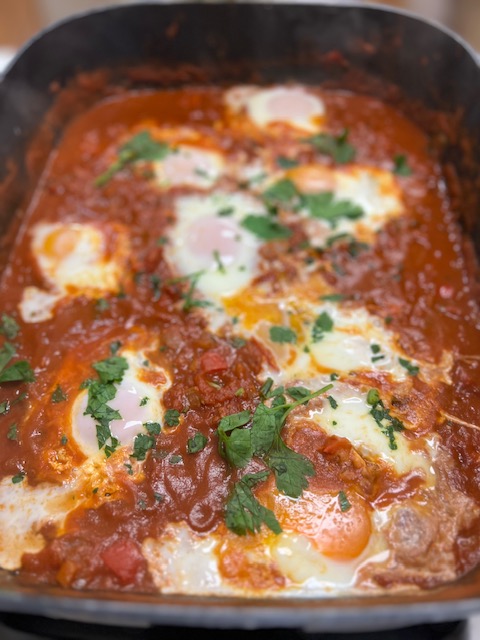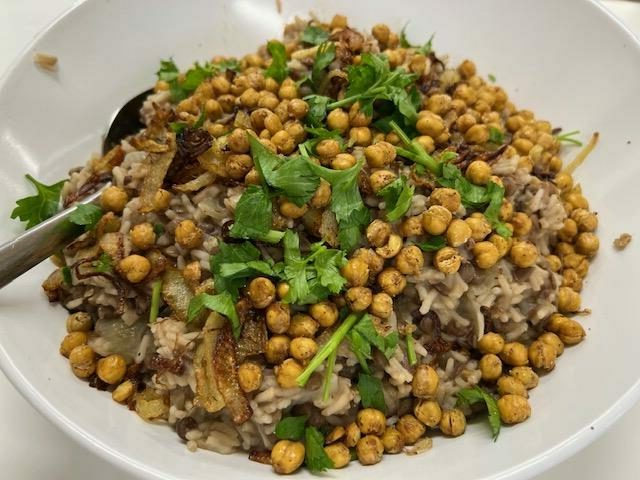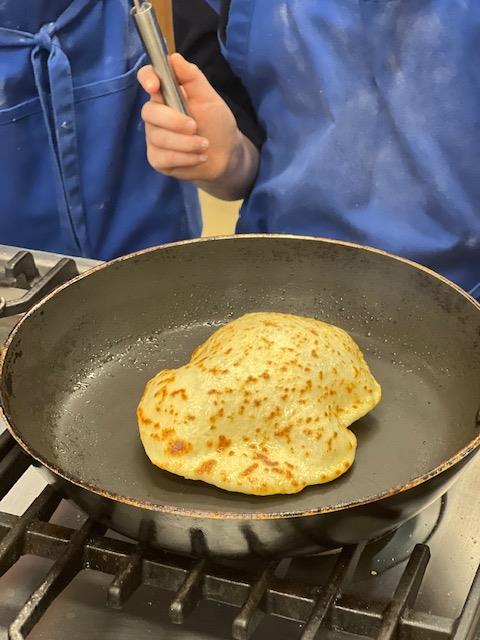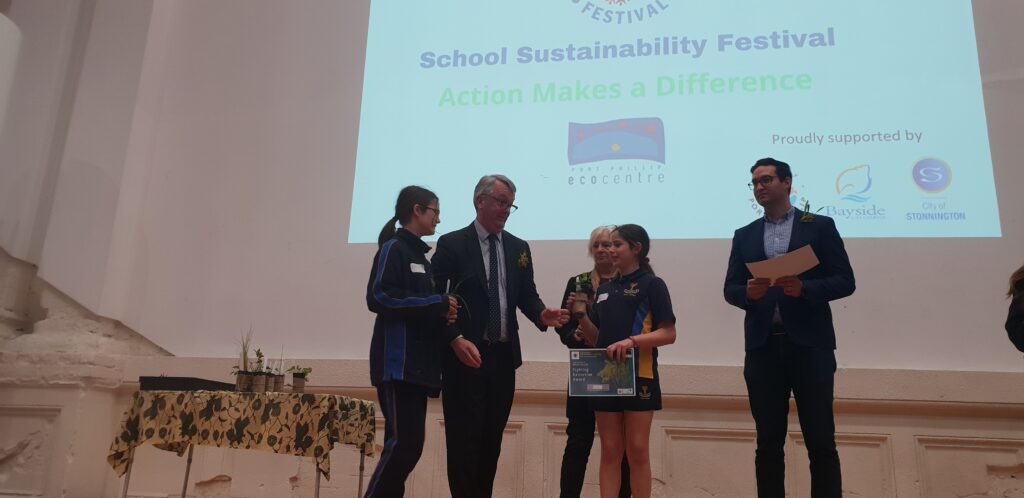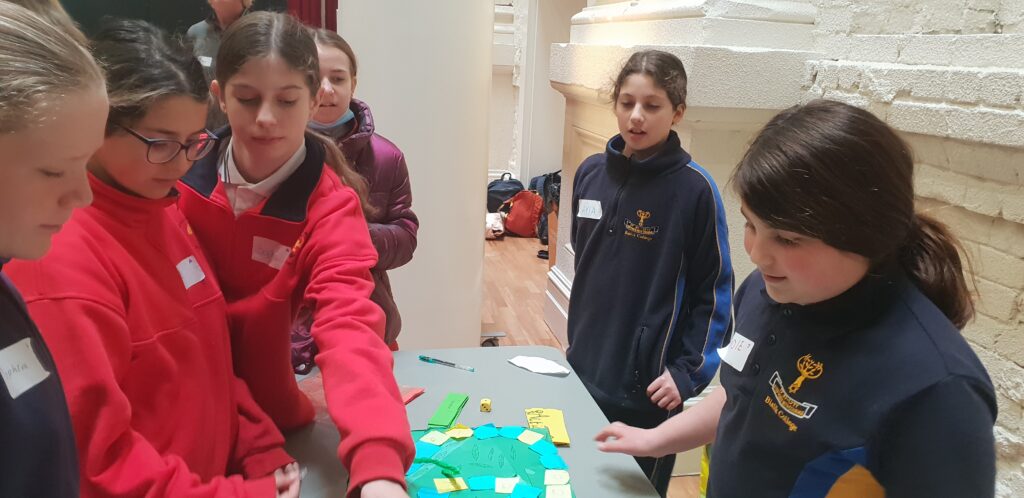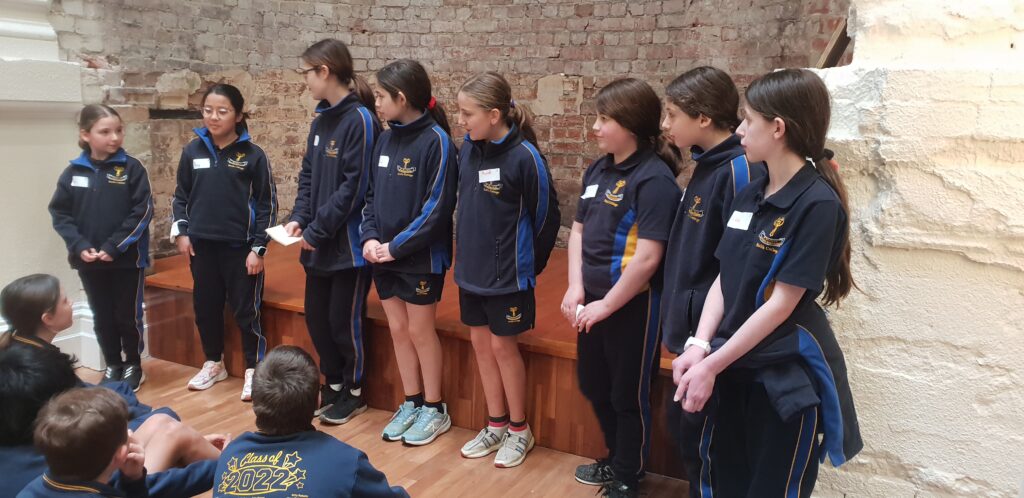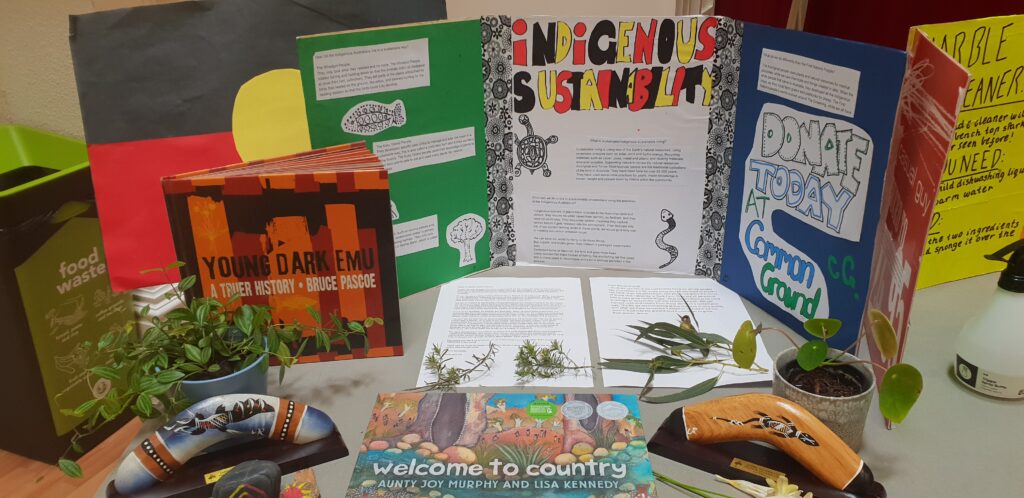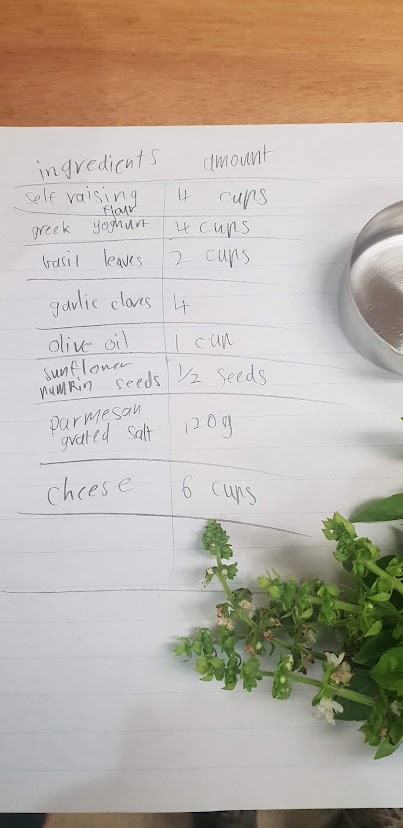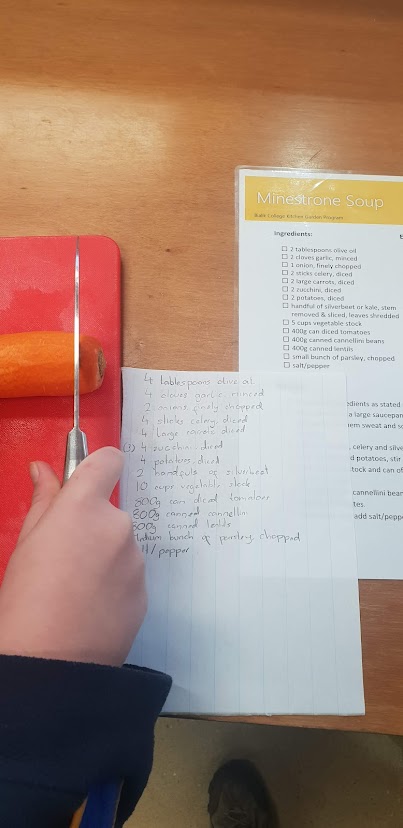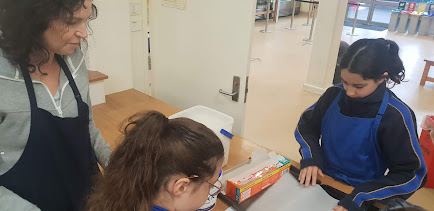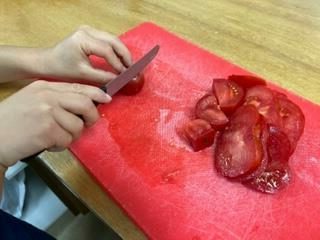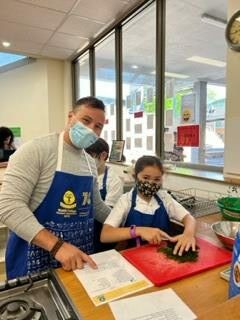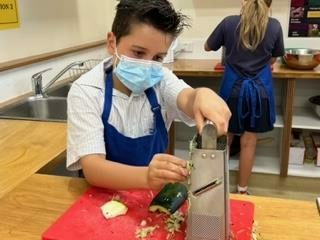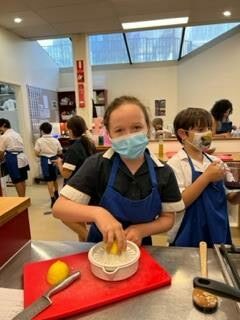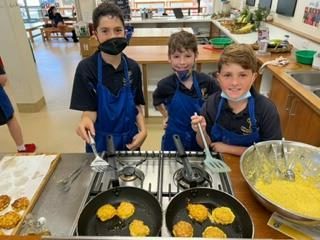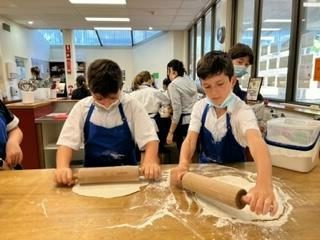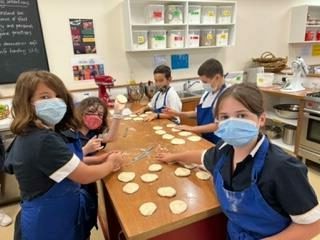Today in our kitchen garden lesson, we dug deep into the world of root vegetables! Carrots, potatoes, and beetroots where harvested and the funny-shaped carrots where fascinating. It was like uncovering hidden treasures right in our school garden! We learned that these veggies need plenty of space to stretch their roots and grow big and tasty.
We are preparing for our autumn and winter crop by planting broccoli, cauliflower and onions. They are companion plants because they provide various benefits to each other when grown together in the garden. For example, onions emit a pungent scent that repels pests like aphids, which are known to attack broccoli and cauliflower. In turn, broccoli and cauliflower produce chemicals that deter pests that commonly target onions, such as onion flies. This natural pest control helps all three plants thrive without the need for harmful chemical pesticides.
Additionally, the different root structures of these plants allow them to occupy different levels of soil, reducing competition for nutrients. Onions have shallow roots, while broccoli and cauliflower develop deeper root systems. This allows them to effectively utilize nutrients from different layers of the soil without competing directly with each other. By growing together, they optimize the use of available space and resources in the garden, promoting healthier growth and higher yields for all three crops.
